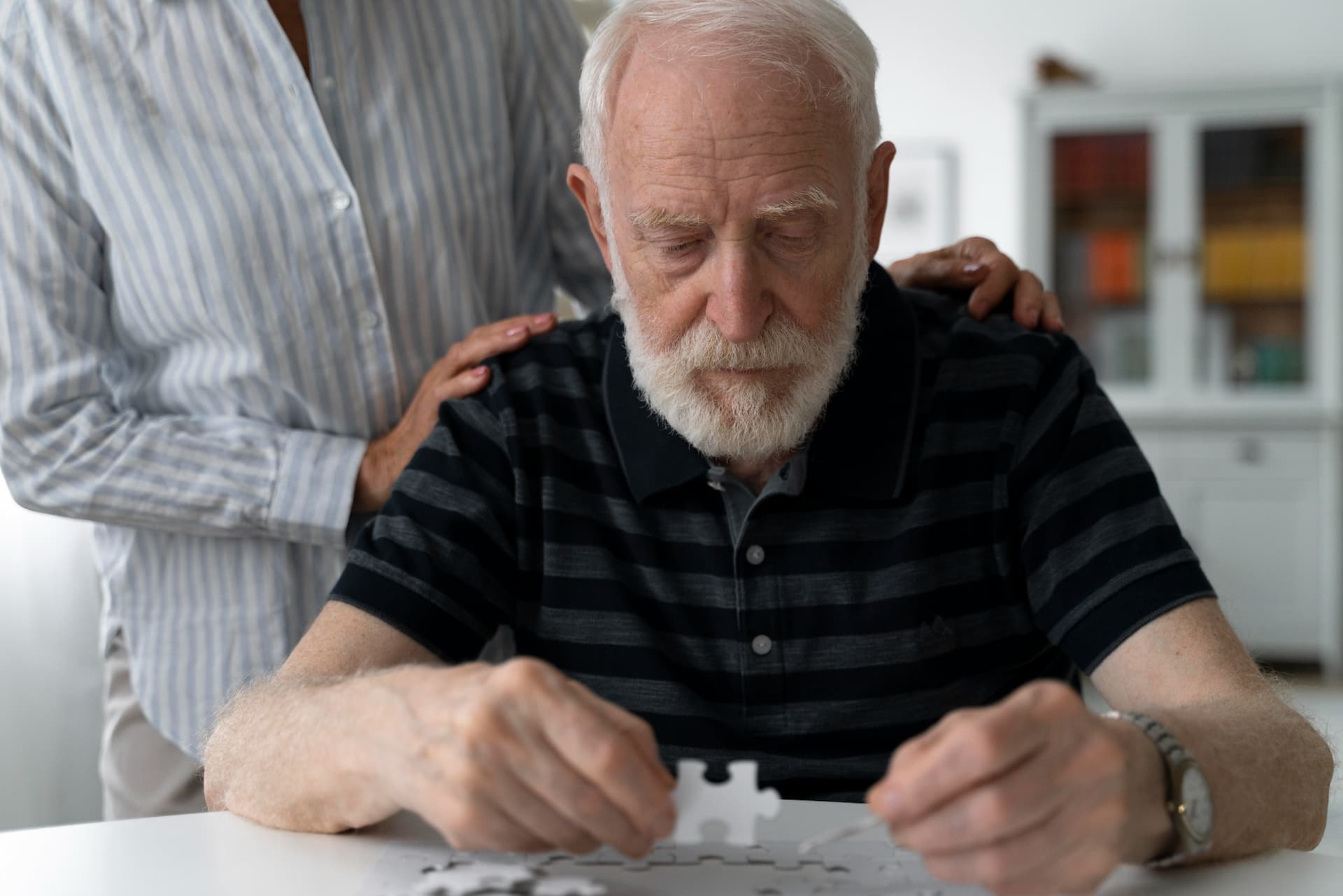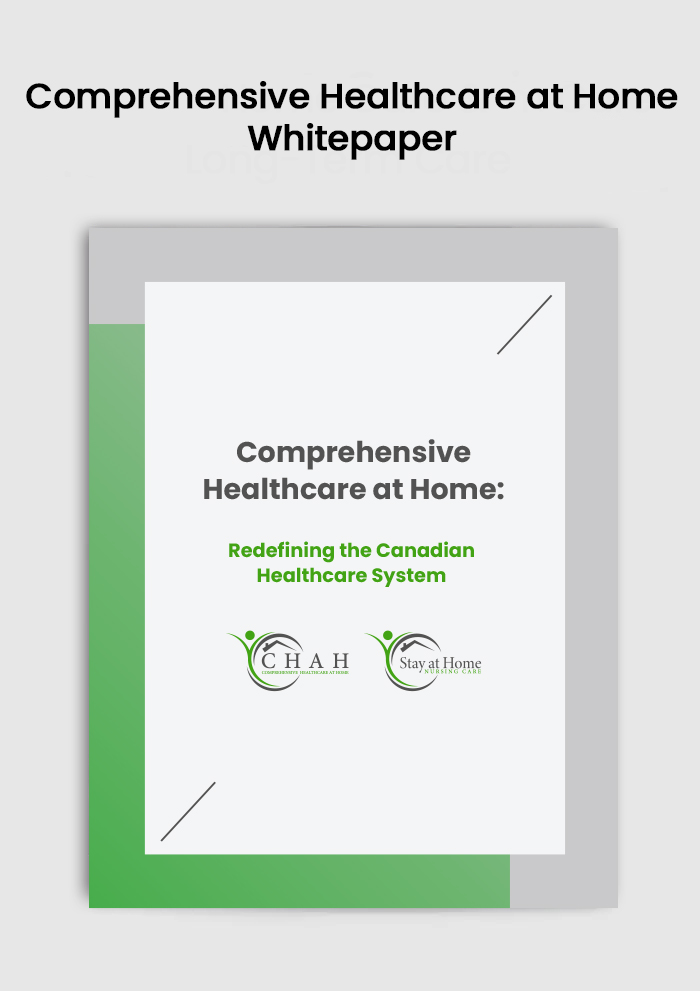In Canada, an estimated 165,000 people sustain a traumatic brain injury (TBI) each year, which equates to one person injured every three minutes. By 2031, traumatic brain injury is expected to be among the most common neurological conditions affecting Canadians.
It is one of the most challenging health events for both the patient, and caregiver(s) to manage through. This sudden, unexpected event requires family to make decisions, often in a time-sensitive setting.
Family members gathered in a waiting room or the patient’s room can put their time to good use by deciding amongst themselves who is most accessible for daily updates from the medical and nursing staff. Start a notebook for this information, collect business cards from the physicians treating your family member, and record questions. This information can then be passed along to other family members and friends. During these first days, ask family and friends to help with chores you are unable to leave the hospital to do.
With hospital discharge, the ongoing support of a loved one after a brain injury requires patience, understanding, and a focus on their needs and recovery, while also prioritizing your own well-being. It is important to establish routines, offer practical help, and encourage participation in activities, while also seeking support and resources for yourself and your family.
As you take this journey across care and recovery, consider these key steps:
- Understand the Situation and Needs:
- Communicate with Medical Professionals: Engage with the medical team to understand the specific challenges your loved one faces and how you can best support them.
- Recognize the Impact: Brain injuries can cause a wide range of physical, cognitive, and emotional challenges, and recovery is a long and often unpredictable process. Understand this specific situation for your loved one and be able to brief external parties on this.
- Listen to Your Loved One: Pay attention to their needs, preferences, and limitations, and involve them in decision-making as much as possible.
2. Create a Supportive Environment:
- Establish Routines: Predictable daily routines can help reduce anxiety and provide a sense of security.
- Simplify Tasks: Break down complex tasks into smaller, manageable steps.
- Minimize Distractions: Reduce background noise and clutter to help your loved one focus.
- Encourage Independence: While offering support, allow your loved one to maintain as much independence as possible.
- Encourage Social Interaction: Help your loved one maintain connections with friends and family.
3. Assess Your Resources and Support (Both Patient and Yourself):
- Prioritize Self-Care: Caregiving can be emotionally and physically demanding, so it’s essential to take care of your own needs. Your stress can in turn impact your care for your loved one.
- Seek Support: Don’t hesitate to reach out to friends, family, or support groups for emotional support. Consider home care services that can offer practical help for dressing and bathing, shopping, transportation, cooking, cleaning. Ask the home care company about their trained Nurses that have experience with brain injury and trauma.
- Take Breaks: Schedule regular breaks to recharge and avoid burnout.
- Familiar Environment: Remaining at home, in a familiar environment can reduce stress and promote a sense of comfort and security, which is crucial for recovery.
- Personalized Care: Home care allows for a tailored approach to rehabilitation, addressing the specific needs and challenges of each individual.
- Assistance with Daily Activities: Home care providers can assist with activities of daily living such as bathing, dressing, eating, and mobility, helping individuals regain independence and confidence.
- Therapy and Rehabilitation: Home care can facilitate therapy and rehabilitation programs, allowing individuals to practice skills and exercises in a comfortable and safe setting.
- Medication Management: Home care providers can assist with medication reminders.
- Emotional Support: Home care providers can offer emotional support and companionship, which is vital for individuals who may be experiencing emotional difficulties as a result of their brain injury.
- Cognitive Rehabilitation: Home-based cognitive rehabilitation programs can help individuals regain cognitive functions such as memory, attention, and problem-solving.
- Social Support: Home care can facilitate social interaction and engagement, which is important for overall well-being and recovery.
”The closest thing to being cared for is to care for someone else.”
Managing through a brain injury is a long-term journey – Be Patient -Recovery is a process, and there will be ups and downs. Be prepared for setbacks and celebrate small victories.
Your own personal state of mind and energy is also a critical factor in creating a supportive environment for recovery. If you need to speak with someone about your situation, please contact us. We are passionate about being there for you, and your loved one.







